UK NHS under ‘unbearable’ pressure as ‘critical incidents’ persist, health officials warn
The situation in UK National Health Service (NHS) is “unbearable” and would remain that way without any significant changes, several leading health officials have warned, as NHS trusts declare repetitive critical incidents inside the system.
Referring to the shortage of staff, President of the Society for Acute Medicine (SAM) Tim Cooksley warned on Monday that: “Unless we are able to retain and then attract colleagues back and recruit new colleagues, then our situation will remain ‘unbearable’ for a long time.”
Recent industrial actions by nurses and paramedics has added to the shortage of staff, causing serious patient delays, as flu and COVID-19 cases across the country are on a rising slope.
Confirming the dire situation across the country’s health system, Matthew Taylor, the chief executive of NHS Confederation, said patient delays are being compounded by high rates of flu and COVID-19 as well as “the aftershock of industrial action” by medical staff last month.
Taylor laid the responsibility of the ongoing crisis on longer-term issues of more than 130,000 NHS vacancies and “a decade-long lack of investment in capital and an elective backlog which continues to grow past seven million people”.
“Health leaders have been telling us that the pressures their staff are facing are becoming ‘unbearable’. It seems likely that the next three months will be defined by further critical incidents,” He added.
Portsmouth Hospitals University Trust, which has been in “critical incident” status for almost a week, told patients on Monday that its hospitals and emergency departments are “overfull”.
It urged patients not to attend the hospital without a life-threatening illness. Otherwise, they will be redirected to an urgent treatment center.
PHU remains in critical incident as the hospital & ED are over full. Only attend the ED if you have a life-threatening injury or illness. You'll be redirected to an UTC or NHS 111 if you attend with a minor illness/injury. Use NHS 111 online or your local pharmacy over the BH. pic.twitter.com/Y3PjWp2bem
— Portsmouth Hospitals University NHST (@PHU_NHS) January 2, 2023
Furthermore, North Wales’s health board postponed all non-urgent health procedures scheduled for Tuesday, following the declaration of another internal critical incident. Betsi Cadwaladr University Health Board said the decision was prompted by “unrelenting demand”.
The fresh chaos across the NHS comes in the wake of a serious warning by the Royal College of Emergency Medicine (RCEM) that up to 500 patients are dying each week due to emergency care delays.
RCEM Vice-president Ian Higginson blasted the system’s defects and urged the NHS not to blame its shortcomings on the rise of flu or COVID-19.
“What we’ve been hearing over the last few days is that the current problems are all due to Covid or they’re all due to flu, or that this is complex, you mustn’t jump to conclusions – all that sort of stuff,” Higginson said.
“If you’re at the front line, you know that this is a longstanding problem. This isn’t a short-term thing. The sort of things we’re seeing happen every winter, and it still seems to come as a surprise to the NHS,” he revealed.
Meanwhile, bed occupancy remains particularly high across UK hospitals, with more than nine in 10 beds filled. The number of free beds has been at its lowest record in the last ten years period.
In November, 37,837 patients waited more than 12 hours in A&E for a decision to be admitted due to bed occupancy, NHS England figures show.
This is an almost 355 percent increase in comparison to the previous November when about 10,646 patients waited longer than 12 hours.
VIDEO | Venezuelans demand return of their president Nicolás Maduro
Muslims facing ‘major confrontation’ led by US and Israel: Hezbollah chief
Palestine Action activist at risk of death after beginning thirst strike in UK jail
VIDEO | South Korean supporters of Palestine slam Trump's 'Board of Peace'
Rights group: Israel continues to torture 2,000 Gaza abductees despite truce
‘Another horrific shooting’: Man killed during ICE crackdown in Minneapolis
Trump issues severe warning to Canada over potential China deal
VIDEO | Press TV's news headlines


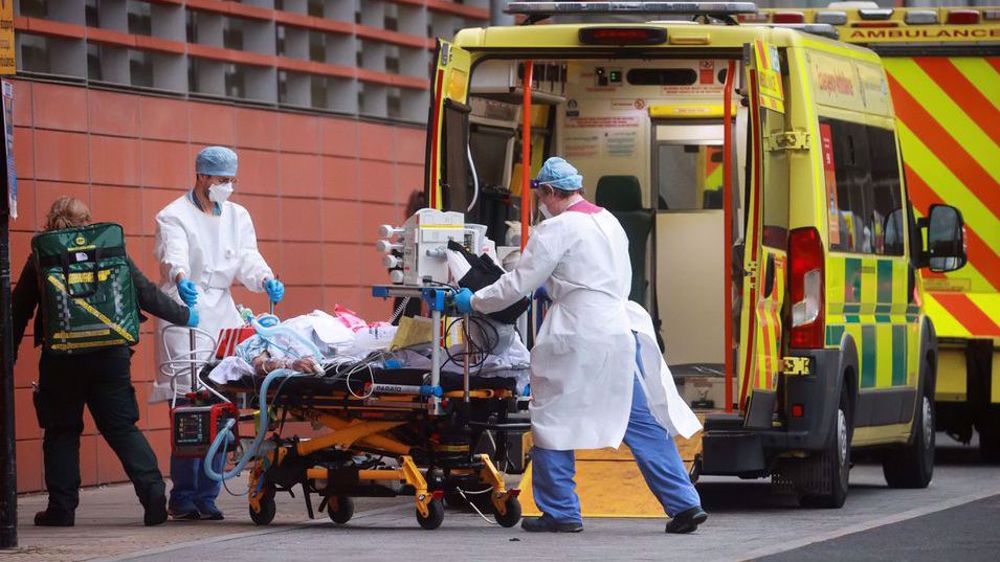
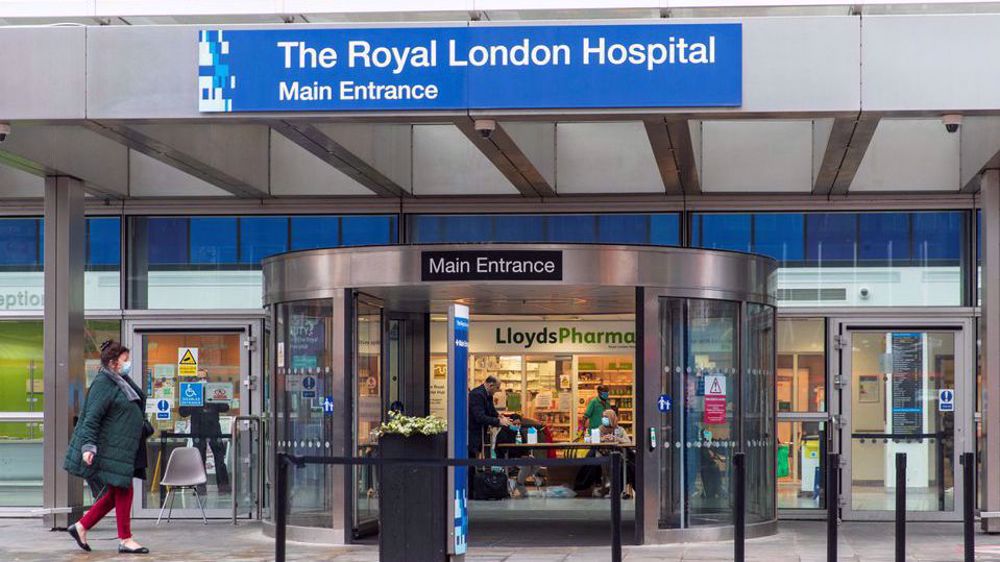
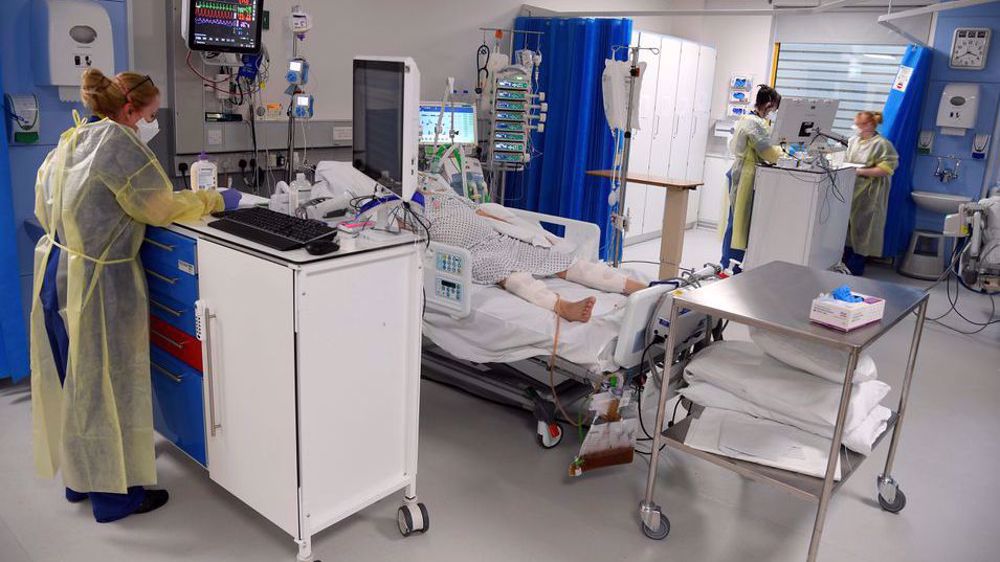
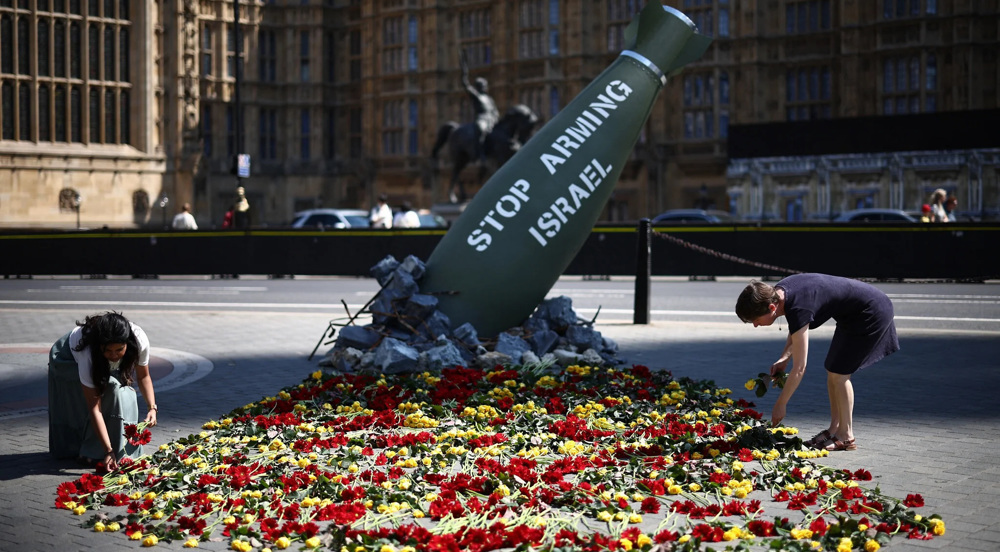
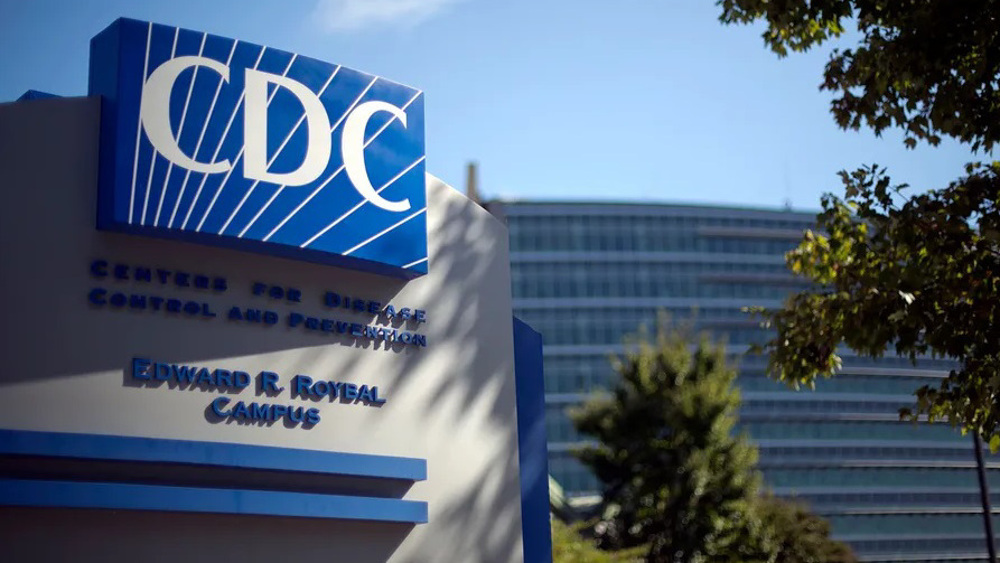




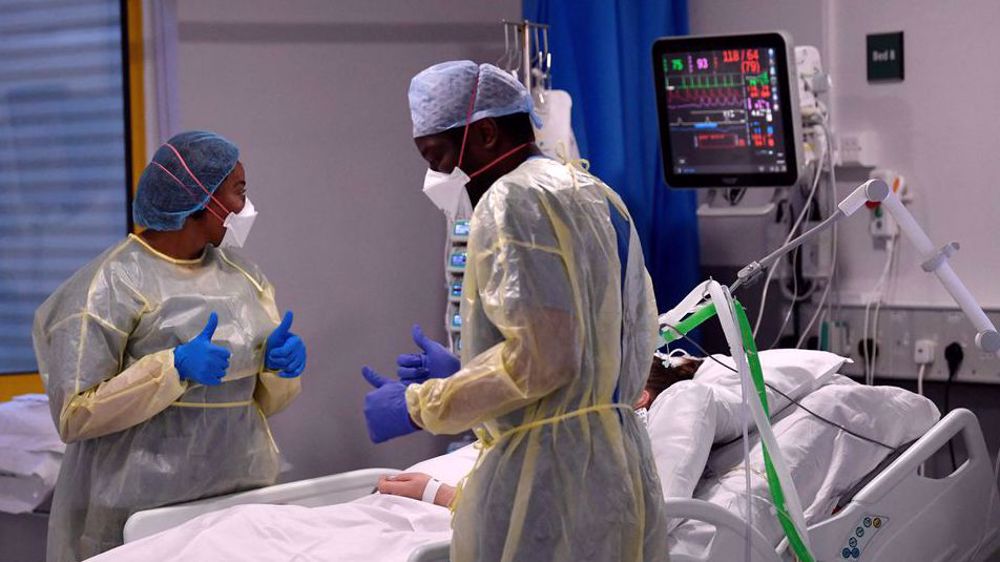
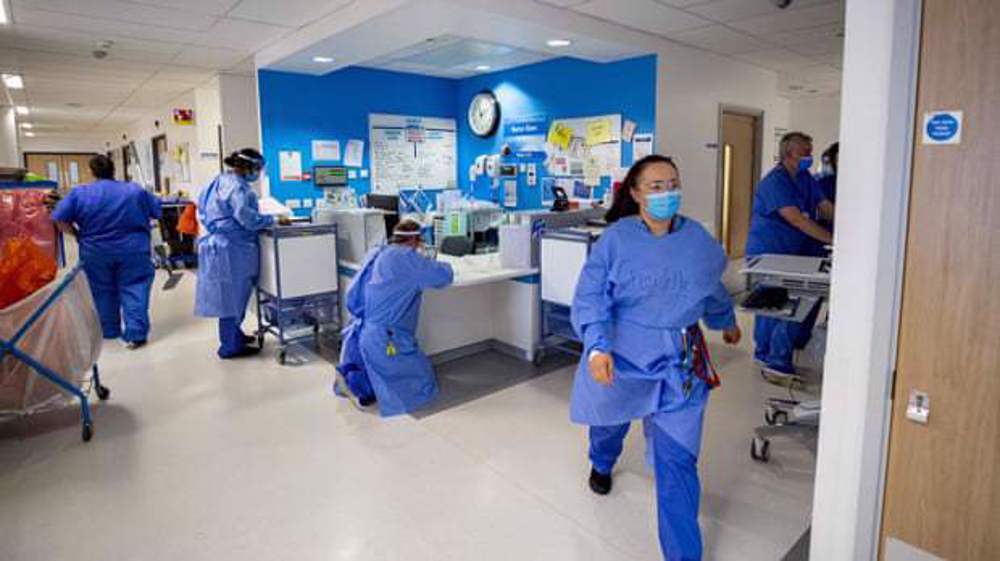
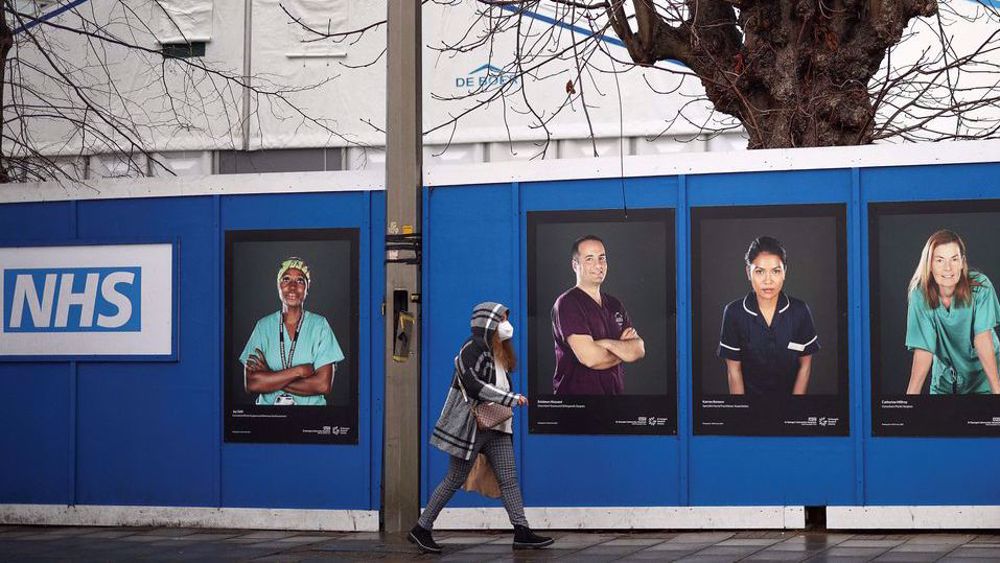
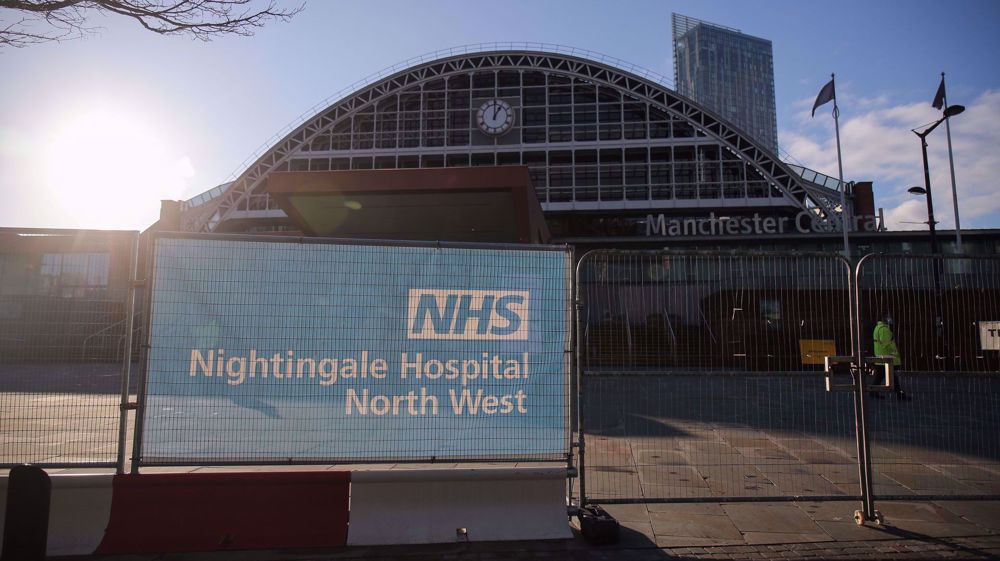
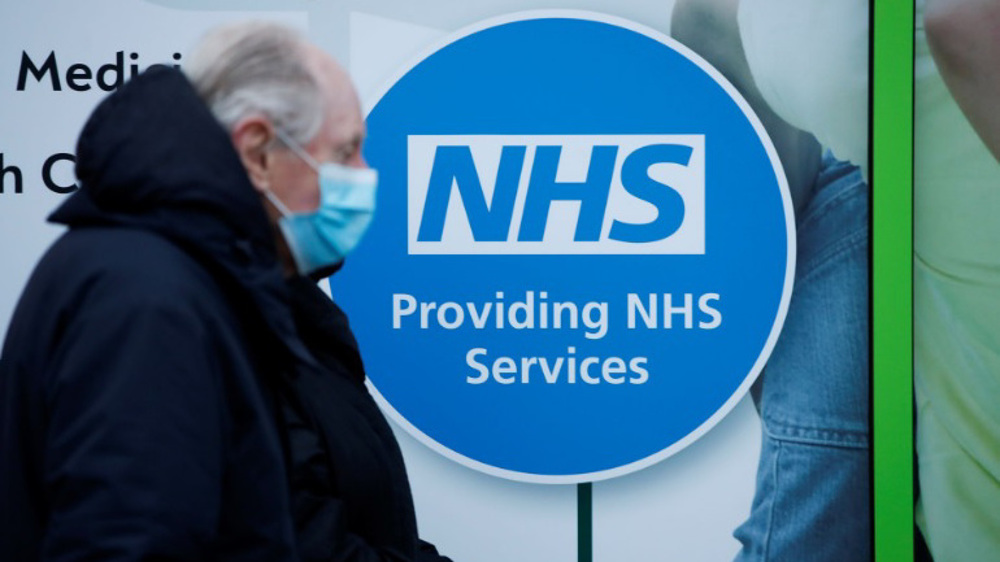
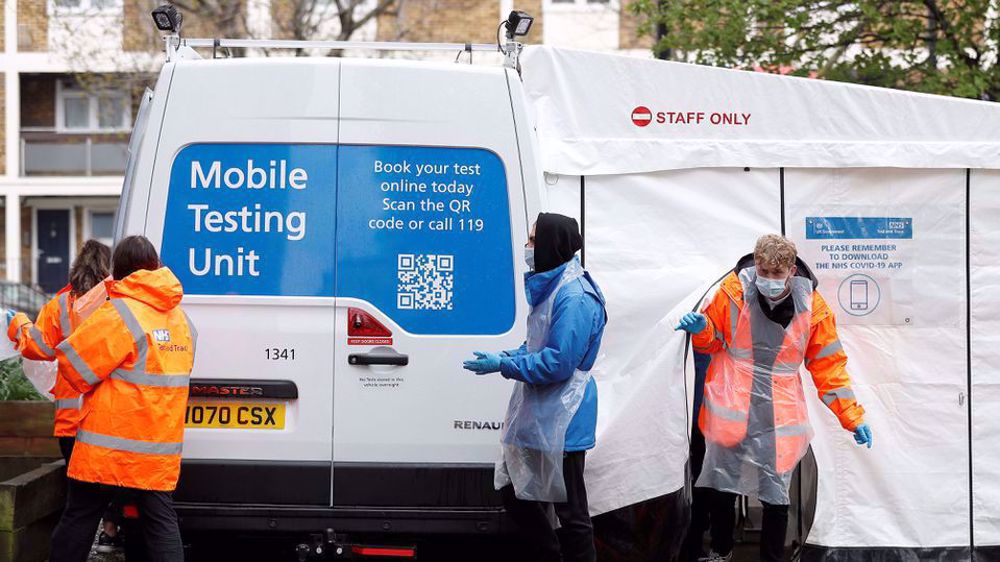
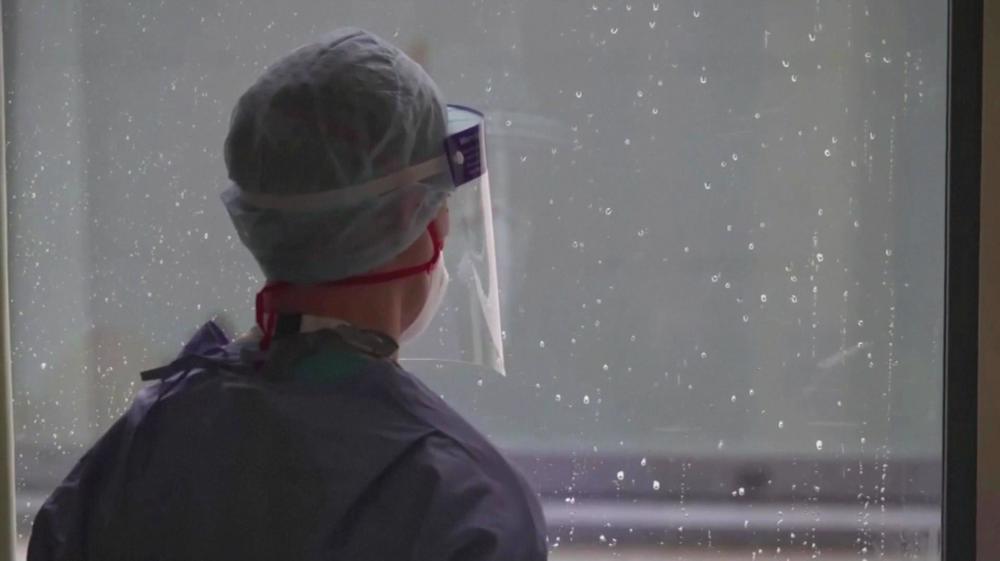
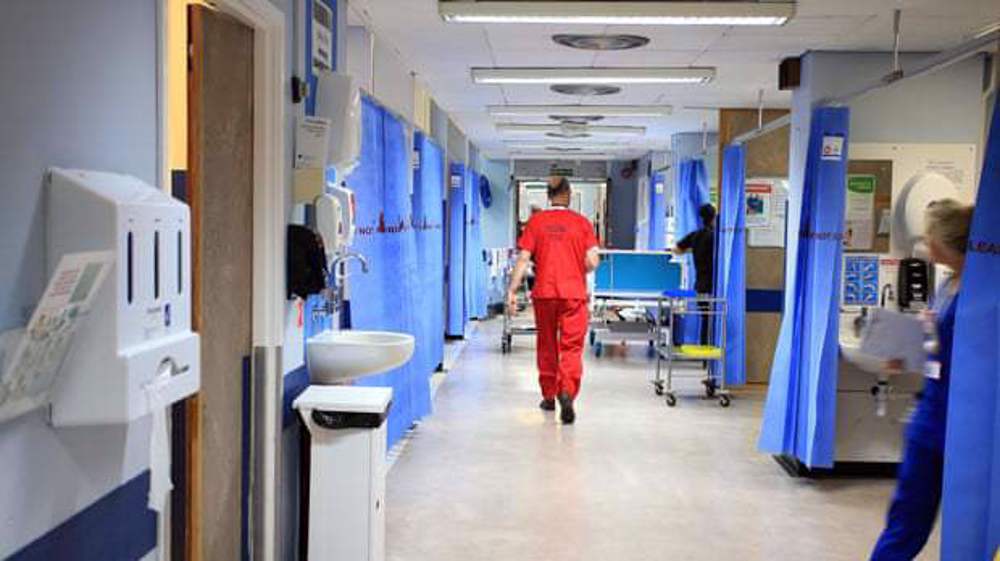

 This makes it easy to access the Press TV website
This makes it easy to access the Press TV website